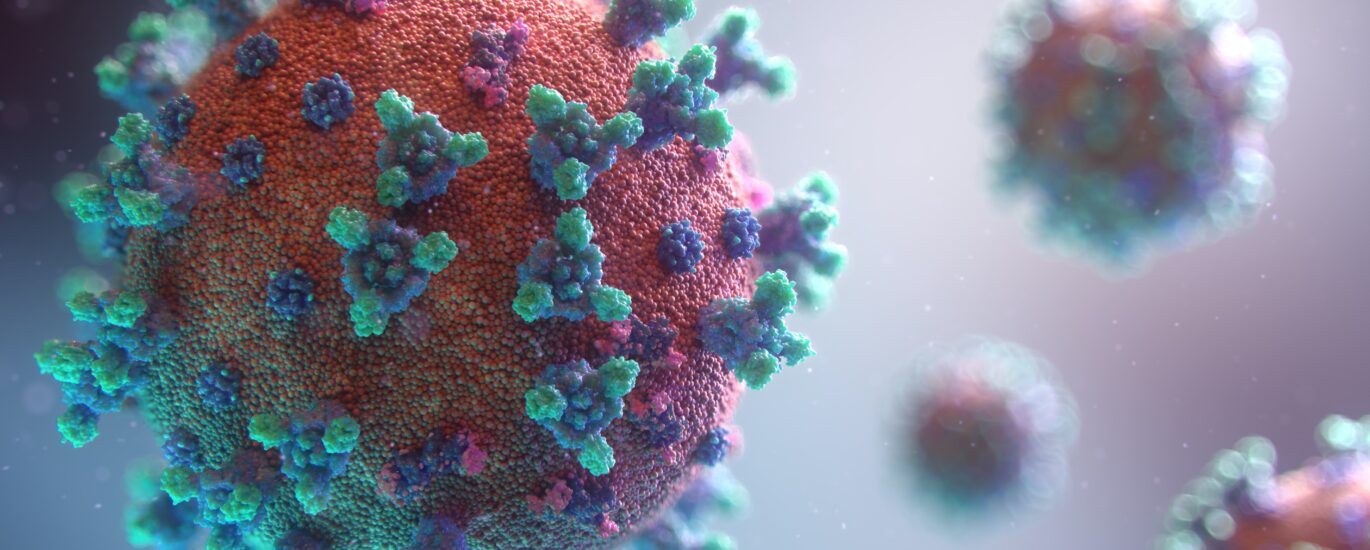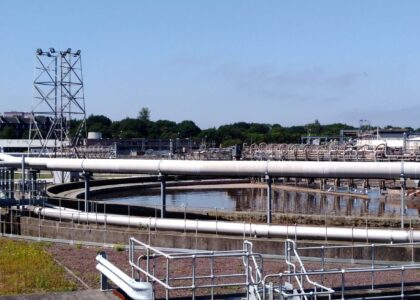On 31st December 2019, the World Health Organization (WHO) was informed of several cases of viral pneumonia of unknown cause detected in Wuhan City, Hubei Province, China. The outbreak evolved rapidly, affecting many countries worldwide. On 30th January 2020, the WHO declared the outbreak to be a Public Health Emergency of International Concern.
Uganda confirmed its first COVID-19 case on 22nd March 2020, a number that has risen to over 300 cases to date. In a bid to curb the spread of the virus, the president of the Republic of Uganda on the 30th of March, 2020 declared a nationwide lockdown for 14 days, which has since been extended by more than 21 days, then 14 days and finally 14 days, totaling to 63 days, which is due on 2nd June, 2020.
Like many other developing countries, Uganda was taken by surprise and was ill-equipped on all fronts. The Ministry of Health (MoH) emphasized basic sanitation and hygiene practices, mainly through hand washing, which has been our first line of defense, and a frontline weapon in preventing the transmission of coronavirus. Water, sanitation, and hygiene have been prioritized in all national and global response plans, with some governments calling for non-disconnection of water users e.g. Uganda, while others opted to provide free water to their people for 2-3 months, with notable examples being Ghana, Burkina Faso and the Democratic Republic of Congo. In this blog, our experts weigh in on the short, medium, and long-term impacts of COVID-19 on water, sanitation, and water resources.
Increased sanitation adoption:
COVID-19 has transformed everyday life so significantly and hand washing is yet the new normal. The period has seen rapid installation of hand washing facilities in homes, public places, and institutions, and hand washing is now fully etched in people’s daily cultures. This serves as a barrier not only to the transmission of coronavirus but to other sanitation-related diseases such as cholera and diarrhea. The widespread adoption of sanitation facilities is not only essential but also “life-saving” as cleaning hands reduces transmission of disease agents and contributes to improved people’s health. Our commendable progress in the fight against the virus can be partly attributed to having put water and sanitation at the front and center of fighting the disease spread.
Recognition of water and sanitation as essentials:
The Government of Uganda has awakened and recognized the role of water and sanitation in the wake of the pandemic. This was through suspending of any water disconnections for water users during the pandemic. Another clear example was the government’s support to the sanitation sector through negotiations with several companies, previously manufacturing Waragi to start manufacturing hand sanitizers, through the provision of an incentive framework. If carefully upscaled with the support of the private sector, these will in the long term contribute to efforts to prevent numerous sanitation-related diseases. Treated water continues to play a pivotal role in the prevention of COVID-19, through its use in process manufacture of key protectives, masks, sprays, hand sanitizers, and its significant role in hand washing. COVID-19 has been a loud call that sanitation is a basic human necessity.
Reduced environmental pollution:
With the onset of the national lockdown, malls closed, car movement reduced drastically and the number of production industries reduced, which reduced the volume of industrial effluent discharge to water bodies. As regular activities ground to a halt, there has been a stark reduction in the volumes of polyethylene and plastic disposed of in the environment, achieving high water quality since most of these normally find their way into drainage channels. This is definitely good news for the environment, but sadly could be only temporary.
Water demand:
Generally, there has been a slump in the demand and consumption of water. As such, utilities are billing a mere fraction of the revenues, if compared before the pandemic. With advice to wash hands more frequently, preferably every 15 minutes and for at least 20 seconds, this has led to a significant increase in residential water demand. The decline in general water demand is a result of the fact that with implementation of lockdowns, resulted in temporary closures of the majority of businesses, institutions, and workplaces. These are among the major consumers of water during the day, which is no longer the case. Moreover, most of these malls and workplaces in towns use improved sanitation facilities of flush toilets, and the majority homes of those people who work in towns use pit latrines, which account for and partly explain the reduction in overall water demand. Another major change with regard to the water demand patterns has been a shift in peak water demand time. Previously, peak water demands have been early morning before work; typically between 6:00 AM and 8:00 AM, and late evening after work, typically between 6:00 PM and 8:00 PM. During the pandemic, there has been a reorientation of the day’s peak demand to 8:00 AM-7:00 PM (At domestic level).
Reduction in waste recycling:
Recycling is a common and effective way to prevent pollution, save energy, and conserve natural resources. However, in countries such as the USA, some cities have suspended recycling programs because authorities have been concerned about the risk of spreading the virus in recycling centers. On the other hand, some industries have seized the opportunity to repeal disposable bag bans. Companies that once encouraged consumers to bring their bags have increasingly switched to single-use packaging. These developments are resulting in the increase of inorganic domestic waste.
Increased waste:
The use of disposable and reusable face masks will result in significant amounts of litter entering the natural environment, especially after the lockdown is lifted since it will be mandatory for every citizen to wear a face mask. The government of Uganda has yet to distribute over 30 million face masks to every citizen aged 6 years and above.
Medical waste is on the rise such as contaminated masks, gloves, and used test kits. This becomes worse if these items are mixed with domestic waste, yet should be treated as hazardous waste and disposed off separately. In fact, this type of waste must be collected by specialized municipal operators or waste management operators.
Notwithstanding, most of all this medical waste and used face masks by the masses will be disposed into the environment, which could lead to possible health and environmental effects as the discarded masks clutter drainage channels and will be worse in high-density settlements such as slums and refugee camps. Such environmental problems brought by COVID-19 may last longer and will be more challenging to manage if we neglect the impact of the epidemic on the environment. Therefore, there is a need for waste management practices in communities, homes, schools, marketplaces, and healthcare facilities to avoid secondary environmental impacts.
Going forward post the pandemic:
While water and sanitation have been at the center of fighting the spread of the pandemic, 2.2 billion people do not have access to drinking water, while 4.2 billion; more than half of the world’s population are deprived of safe sanitation systems and 3 billion people lack access to basic hand washing facilities in their homes. In Uganda, more than 21 million people of the estimated population of 42 million people; do not have clean water.
Let’s ensure this threat is not a missed opportunity to achieve our vision of universal access to water, sanitation, and hygiene. COVID-19 is not the first or last pandemic that countries will face. We need to supercharge investment in clean water access and sanitation. It is undoubtedly that COVID-19 has made a sufficiently convincing case that water and sanitation are essential to our lifeline. Water has been a key resource in the entire process.
As we emerge from the 63 days of lockdown, institutional settings such as healthcare centers, schools, and markets risk serving as hot spots for increased transmission. These will necessitate being equipped with adequate hand washing stations and waste management facilities. The same holds true for overcrowded settings such as refugee settlements and slums, which tend to be densely populated. Overcrowding could lend itself to the rapid spread of COVID-19, hence the need for adequate WASH infrastructure, waste disposal facilities, hand washing stations, water harvest and supply systems, and rehabilitation of non-functional water supply schemes in these settlements.
Considering how water has been vital in preventing the spread of COVID-19, the water sector must come out of the pandemic with sustainable measures of increasing access, supply reliability, availability, and service coverage of potable water and that’s the reason entities like Hydro Concepts (U) Ltd exist.
Now in service for one year, Hydro Concepts (U) Ltd implements projects in technical areas such as small-scale water supplies, institutional water, sanitation and hygiene, storm-water harvesting, advanced water treatment and reuse, plumbing services, wastewater management, and WASH technical consultancy.











